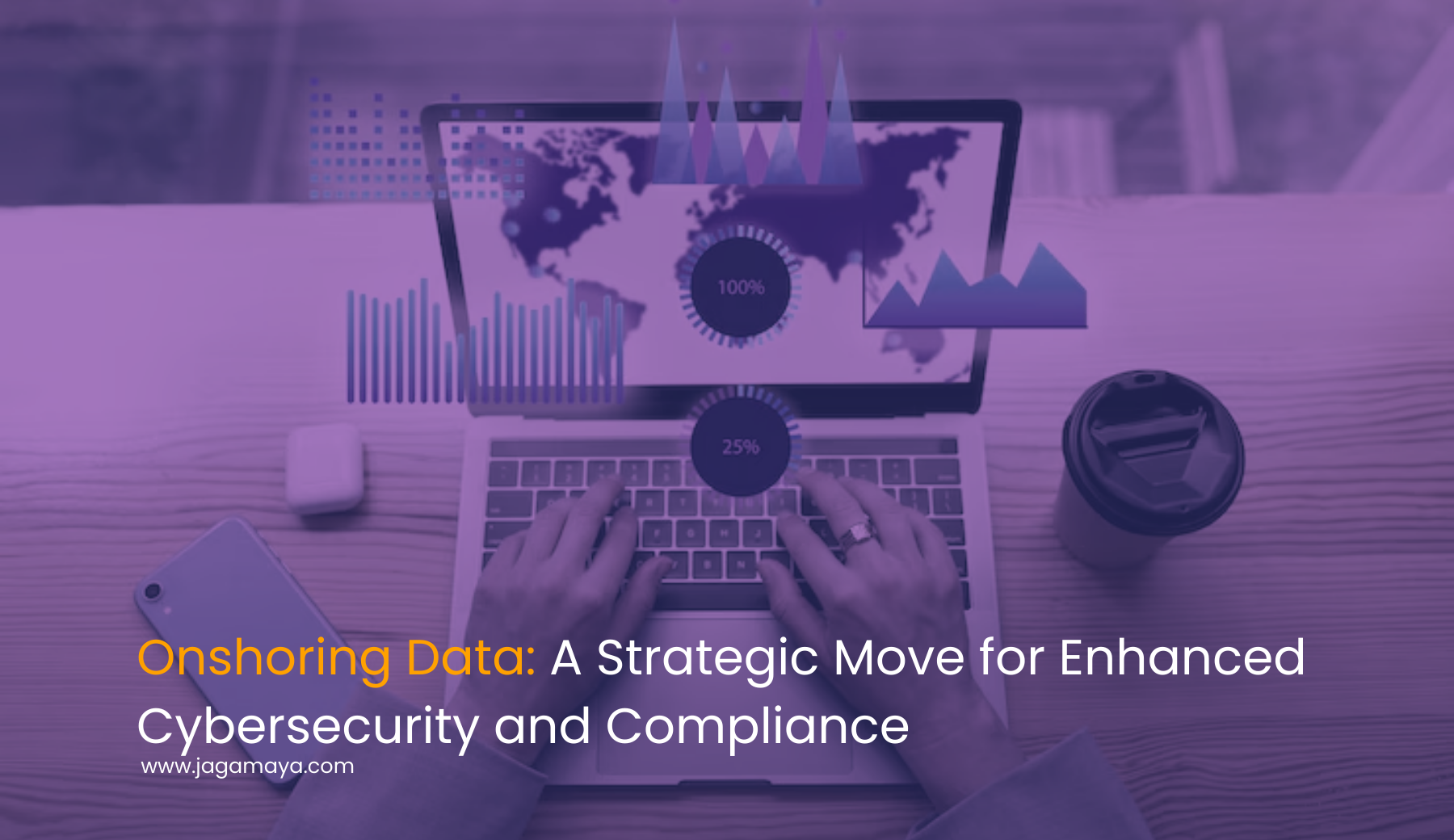In the rapidly evolving digital landscape, the strategic decision to onshore data—that is, to store and process data within national borders—has become increasingly critical for organizations aiming to bolster cybersecurity and ensure compliance with local regulations. For countries like Indonesia, where data sovereignty and security are paramount, onshoring data is not just a technical choice but a national imperative.
Understanding Onshoring and Data Sovereignty
Onshoring data involves the practice of storing and processing data within the same country where it is collected. This approach aligns with the concept of data sovereignty, which asserts that data is subject to the laws and governance structures within the nation where it is collected. In Indonesia, data sovereignty has gained prominence as the government seeks to protect personal data and national security interests.
The Cybersecurity Advantages of Onshoring Data
1. Enhanced Protection Against Cyber Threats
Storing data domestically reduces exposure to foreign cyber threats and surveillance. By keeping data within national borders, organizations can implement localized security measures tailored to the specific threat landscape of their country.
2. Improved Incident Response
Onshoring facilitates quicker response times to data breaches and cyber incidents. Local data storage allows for more efficient coordination with national cybersecurity agencies and compliance with incident reporting requirements.Neumetric+3guidehouse.com+3rrlawpc.com+3
3. Greater Control Over Data Access
Organizations have more control over who accesses their data when it is stored domestically. This control is crucial for protecting sensitive information and maintaining customer trust.goldskysecurity.com
Compliance Benefits in the Indonesian Context
Indonesia has implemented regulations that emphasize the importance of data localization. For instance, Government Regulation No. 71 of 2019 mandates that public electronic system operators store and process data within Indonesia. While private operators have more flexibility, they must ensure that data remains accessible for regulatory oversight.
By onshoring data, organizations can more easily comply with these regulations, avoiding potential legal penalties and demonstrating a commitment to national data protection standards.
Economic and Strategic Implications
Beyond security and compliance, onshoring data can have positive economic impacts. Investing in local data centers and infrastructure creates jobs and stimulates technological development. Moreover, it reduces reliance on foreign cloud services, fostering greater self-sufficiency and resilience in the digital economy.
Conclusion
Onshoring data is a strategic move that offers enhanced cybersecurity, ensures compliance with local regulations, and supports national economic growth. For organizations operating in Indonesia, embracing data onshoring aligns with the country’s emphasis on data sovereignty and positions them as responsible stewards of sensitive information.


Leave a Reply